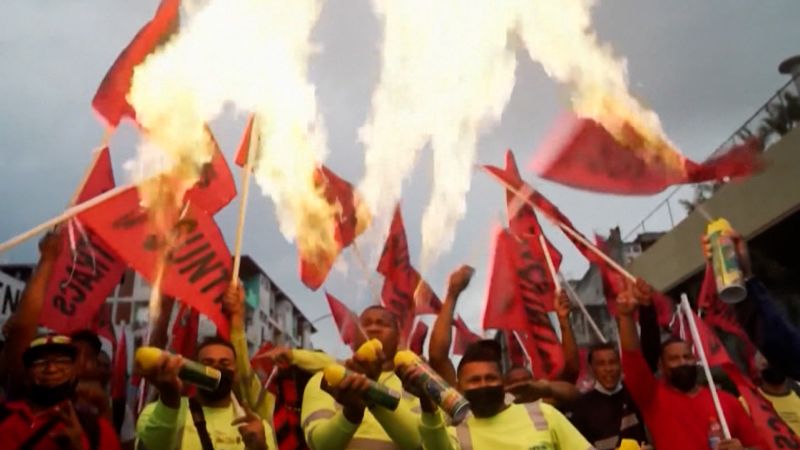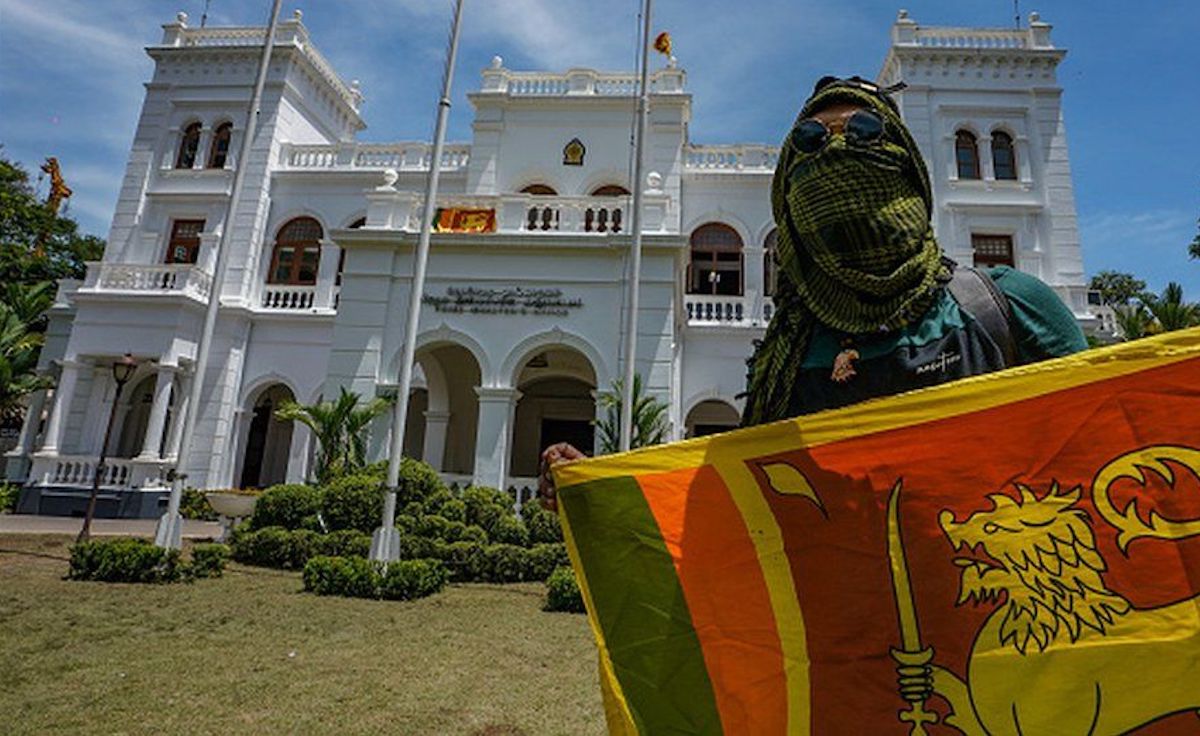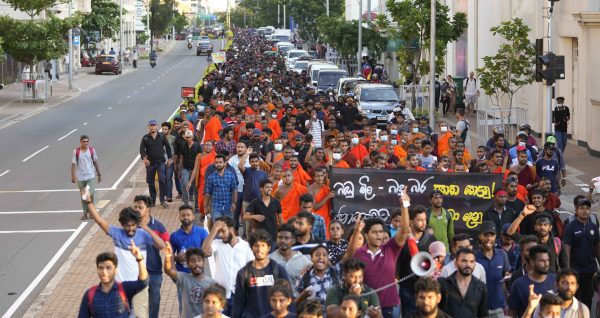Countrymouse
Country exile in the city
Could the fall of Sri Lanka signal that weak, heavily indebted countries worldwide are about to fall like dominos?
Maybe time to trot out the old David Wiklerson prophecy again?
Sri Lanka certainly qualifies as an "eastern" country..............
As most of you know, other than the prophecy below, which was recorded in an audience during a David Wilkerson speech and given to us, the other economic prophecy by David Wilkerson mentions Germany as the beginning of the collapse but mentions different countries following it in collapse. We fully expect this will ultimately be a world collapse. Read David Wilkerson Prophecy and Germany (below).
One of our UBM brothers was in the audience and recorded this prophecy below.
Key points to remember about this vision:
- From the time the first country goes down, you'll have two weeks to get your money out of the bank.
- America will come through this crisis---there will be a restoration.
- But the nation will never be like it was before...
- God is saying: Get our lives straight...Get rid of the idols...Seek the face of God in holiness...
- God will be a wall of fire about you...And the glory in the midst of you!
And when the banks open the next day at 9 in the morning, $15 billion an hour is going to be withdrawn from our American banks -they're going to be running our banks---the Arabs---all the Latin American countries, they're going to be running our banks--and before the day is over, the USA is going to have to declare a "bank holiday".
SIX MONTHS OF HORROR:And we're going into six months of the worst hell America has ever seen---there's going to be chaos---not even the National Guard's going to be able to quiet it down---we're going to have to call out the whole U.S. Army.
Now I've had visions recently, for I've been in New York City and I was in Macy's in a vision, and I saw people walking around stunned because they couldn't get their money out of the bank.
Now I'm going to give you a word of advice, the first country goes bankrupt---I've documented this and I've got it sealed in an envelope, and I'm going to call all my friends and I'm telling you---this is the first time I've said it in a public meeting like this---but the first country that bellies up, you go get every dime you have---church get your money out of the bank--because there's going to be a 'bank holiday' and you won't be able to get a dime for six months. Now, of course, there's going to be -restored, but the nation will never be like it is again.
There's going to be fear like we've never known---judgment at the door. When I was at Macy's Dept. store in a vision and I watched people walking around stunned, they didn't know what to do, they didn't know what was happening; then a bunch of people walked into Macy's and suddenly went wild and began to steal and within an hour everybody---I saw the spirit of everybody in the store---they were robbing and stealing---they raped Macy's and destroyed five floors---Macy's was raped and ruined in a period of an hour or two.
That's just the beginning. Folks it's all in this book (the bible) ---we've been warned and warned and warned---you can't tell me God hasn't warned us. You can't tell me God isn't saying something awesome here tonight in this church...we better get our prayer life straightened up, our lives straightened up, get rid of the idols, as Paul writes, and seeking the face of God in holiness or you're not going to be ready for what's coming. God's warning, get ready and you'll not fear these things that come onto you and you'll start rejoicing, you'll not be afraid because your hands will be clean. You've been praying and God's building a wall of fire around you to keep you".
We'd like to teach you a song about God's protection. It goes like this.: "There's a wall of fire around me...There's a wall of fire between my soul and the enemy. There's a wall of fire that you can't see...Between my soul and the enemy. There's a wall of fire around me. May it be so with us all"...
From: David Wilkerson's Economic Vision - UBM [David Eells]

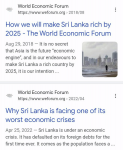


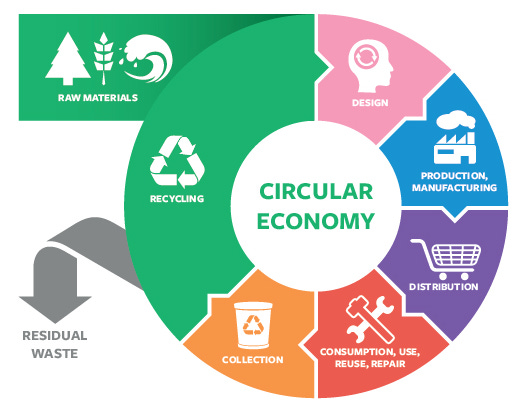

 Sikh For Truth @SikhForTruth
Sikh For Truth @SikhForTruth How a circular economy could help tackle Sri Lanka’s economic crisisSri Lanka is in the grip of an economic crisis, with rising inflation and food shortages. A circular economy offers a sustainable alternative to aid recovery.weforum.org
How a circular economy could help tackle Sri Lanka’s economic crisisSri Lanka is in the grip of an economic crisis, with rising inflation and food shortages. A circular economy offers a sustainable alternative to aid recovery.weforum.org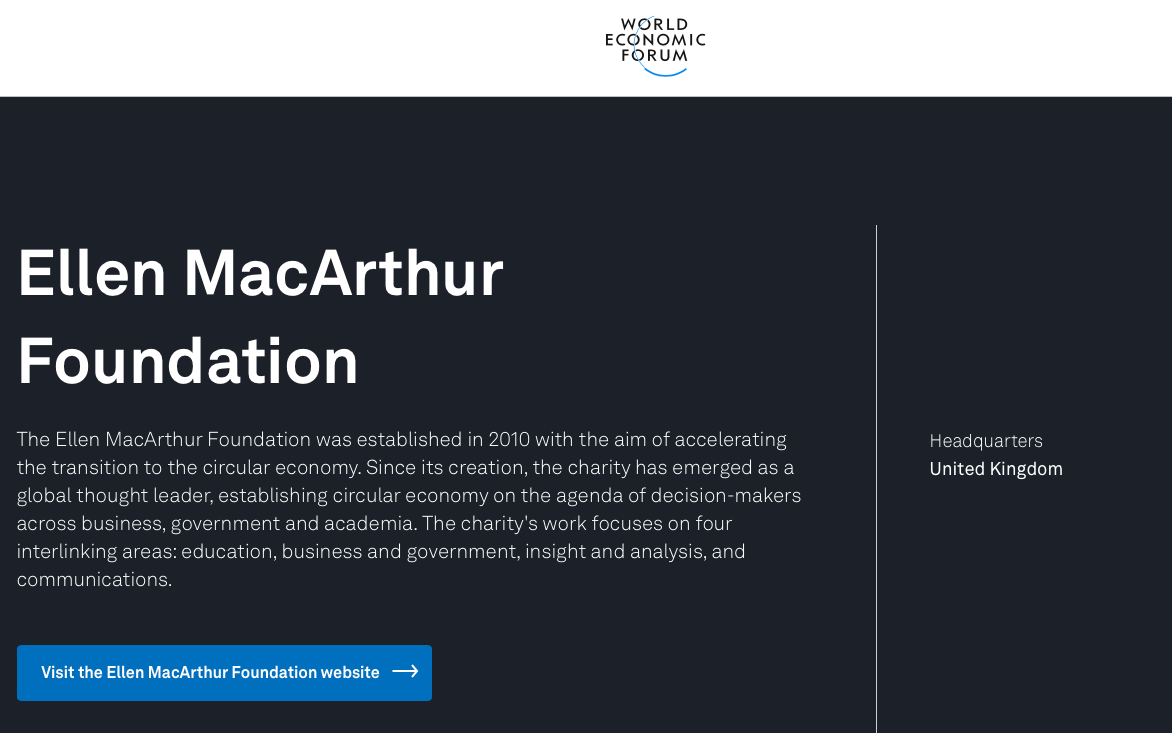


 Ellen MacArthur @ellenmacarthur
Ellen MacArthur @ellenmacarthur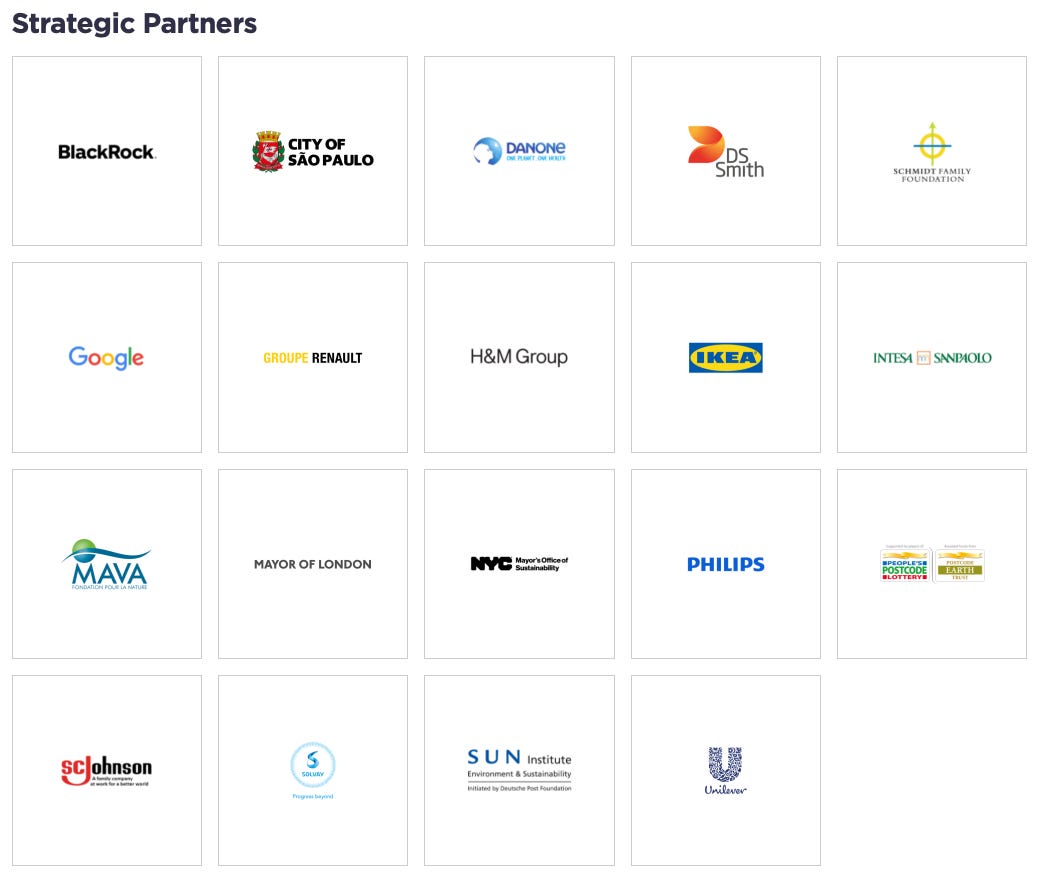
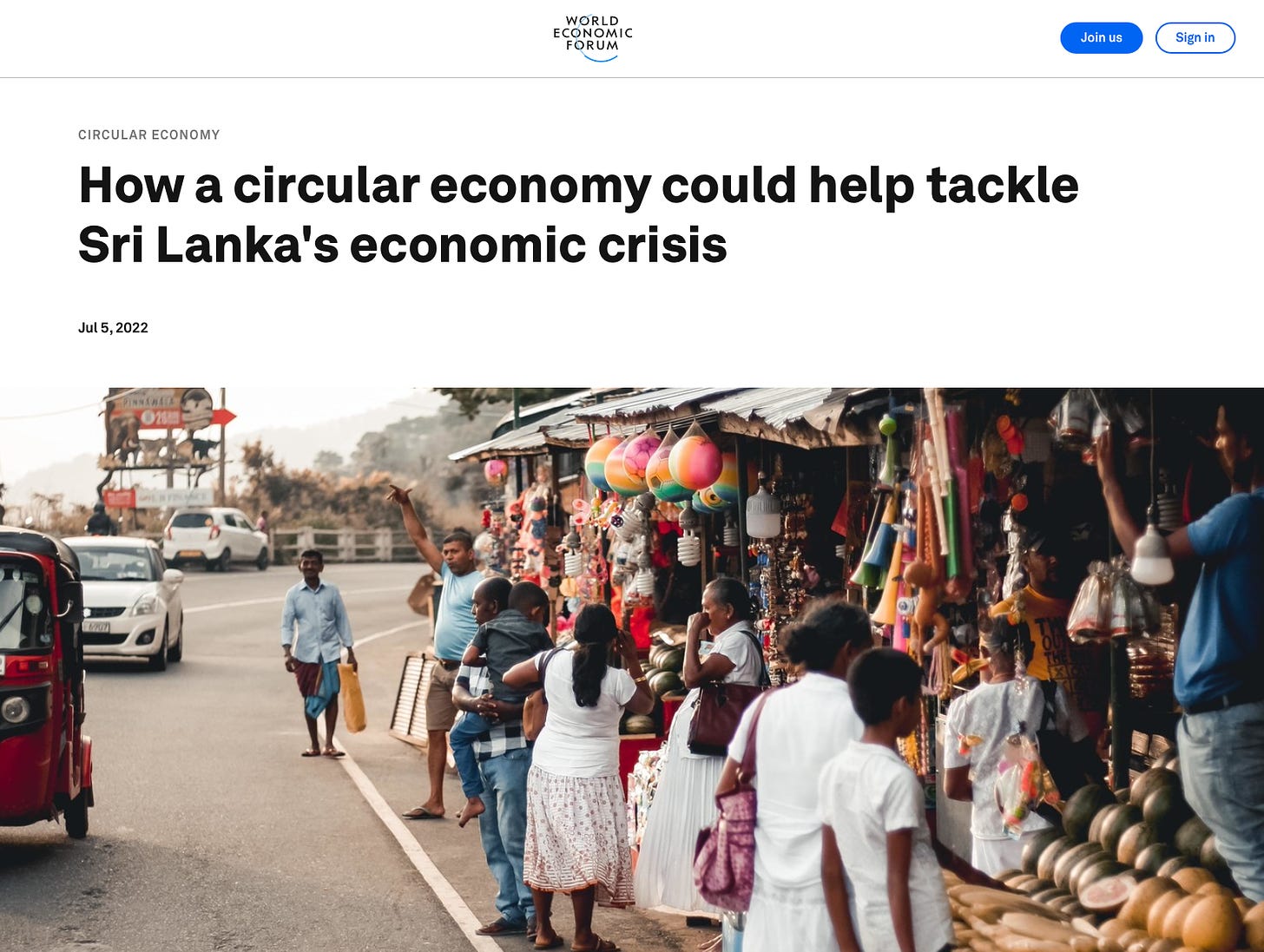

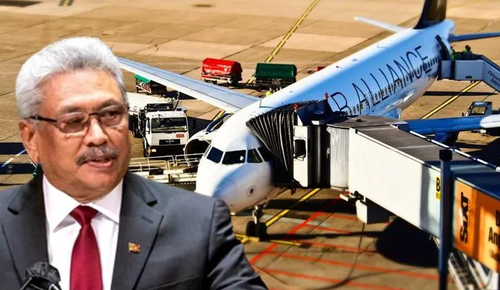
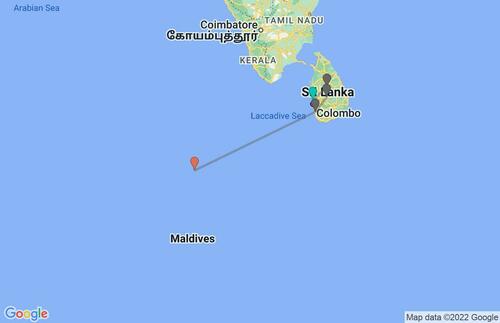
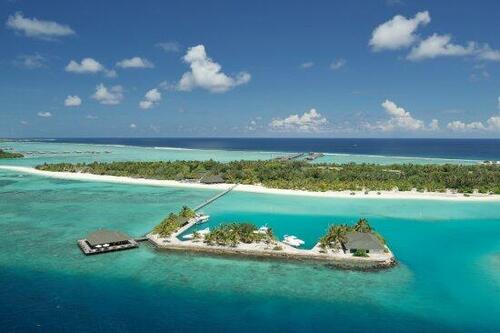
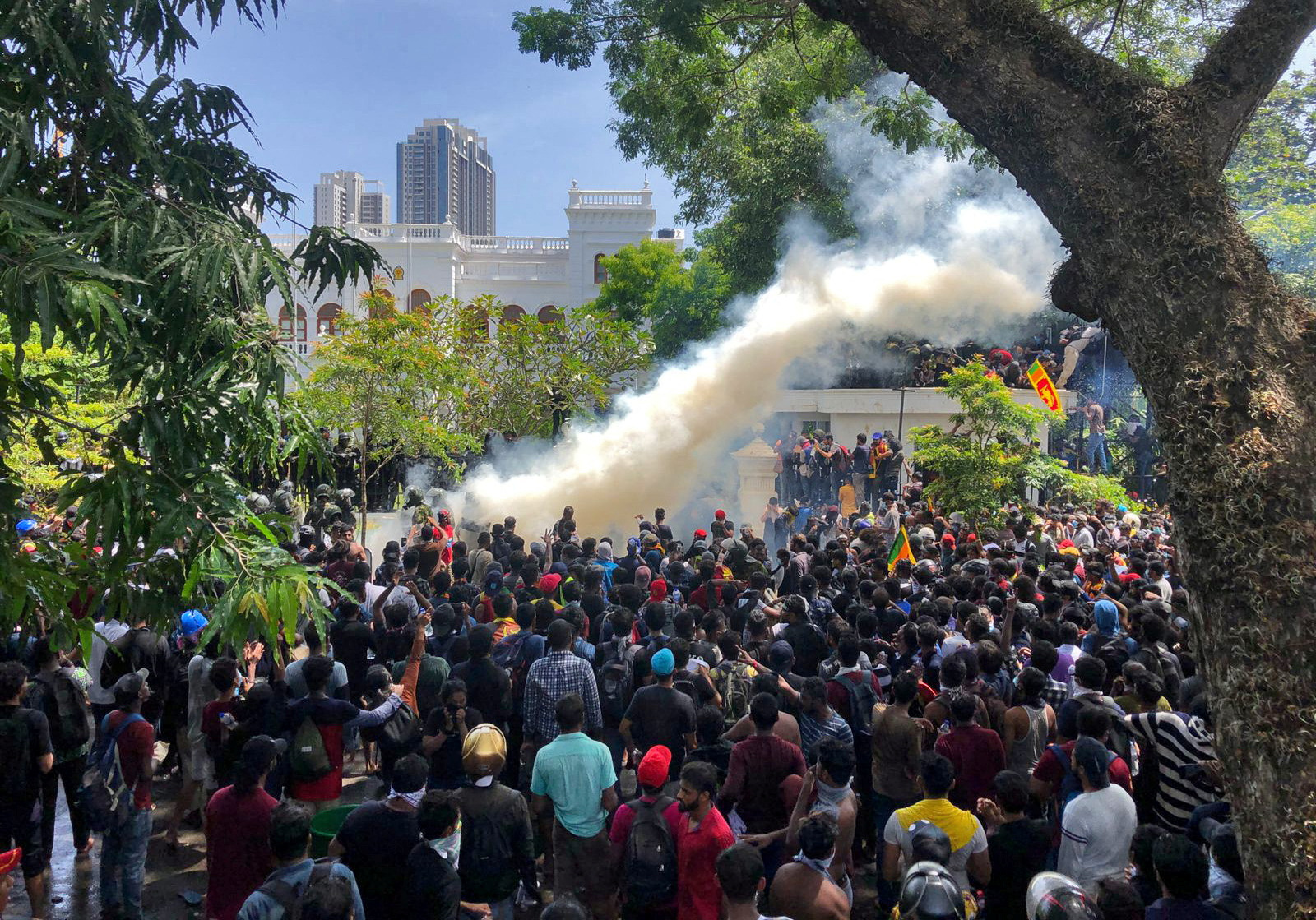
/cloudfront-us-east-2.images.arcpublishing.com/reuters/T7WGHR6WSFORHBUWZCJ4VPZX4U.jpg)
/cloudfront-us-east-2.images.arcpublishing.com/reuters/NRPLCT3GMNOGRAIOWA33ZWACW4.jpg)
